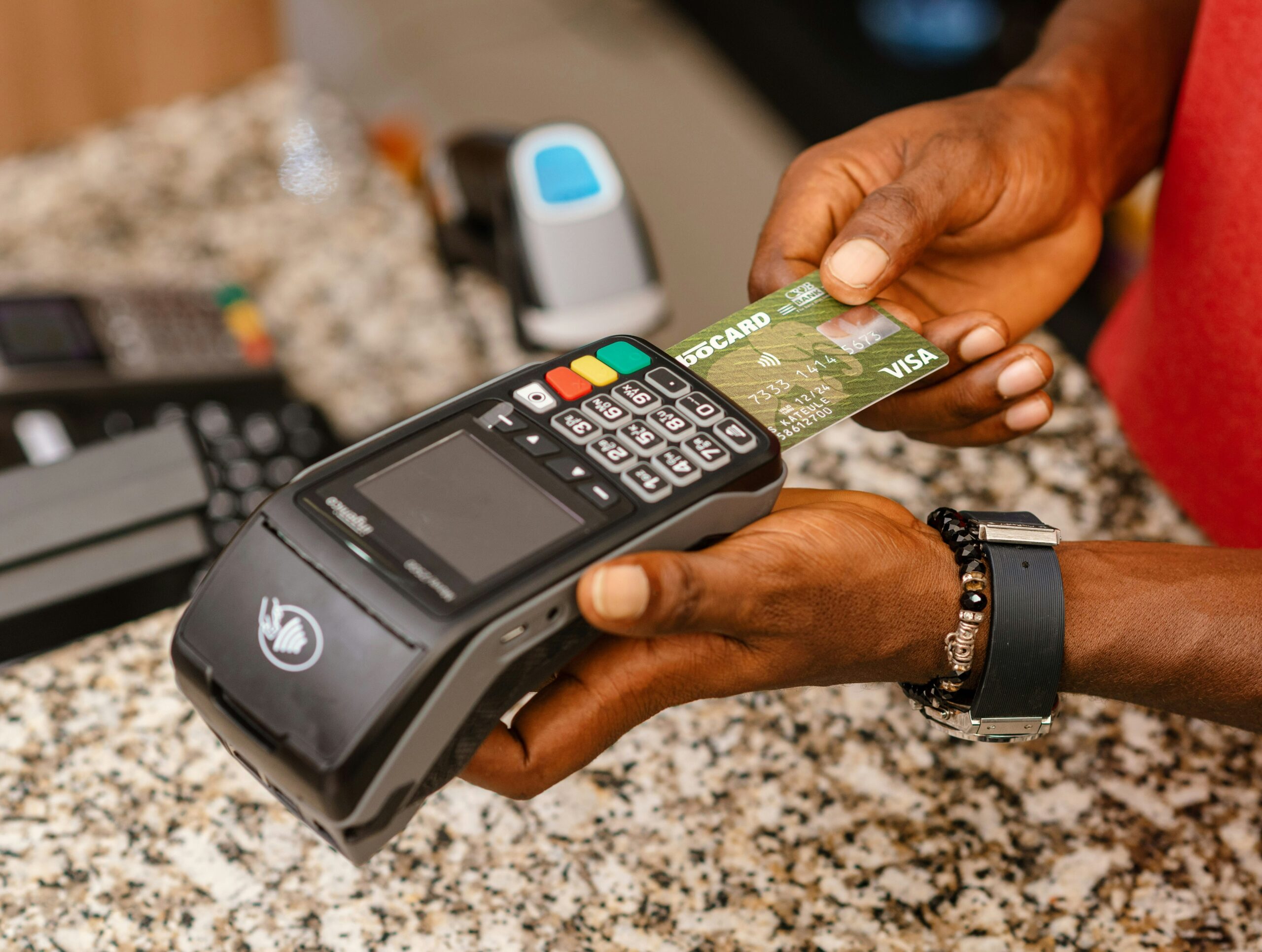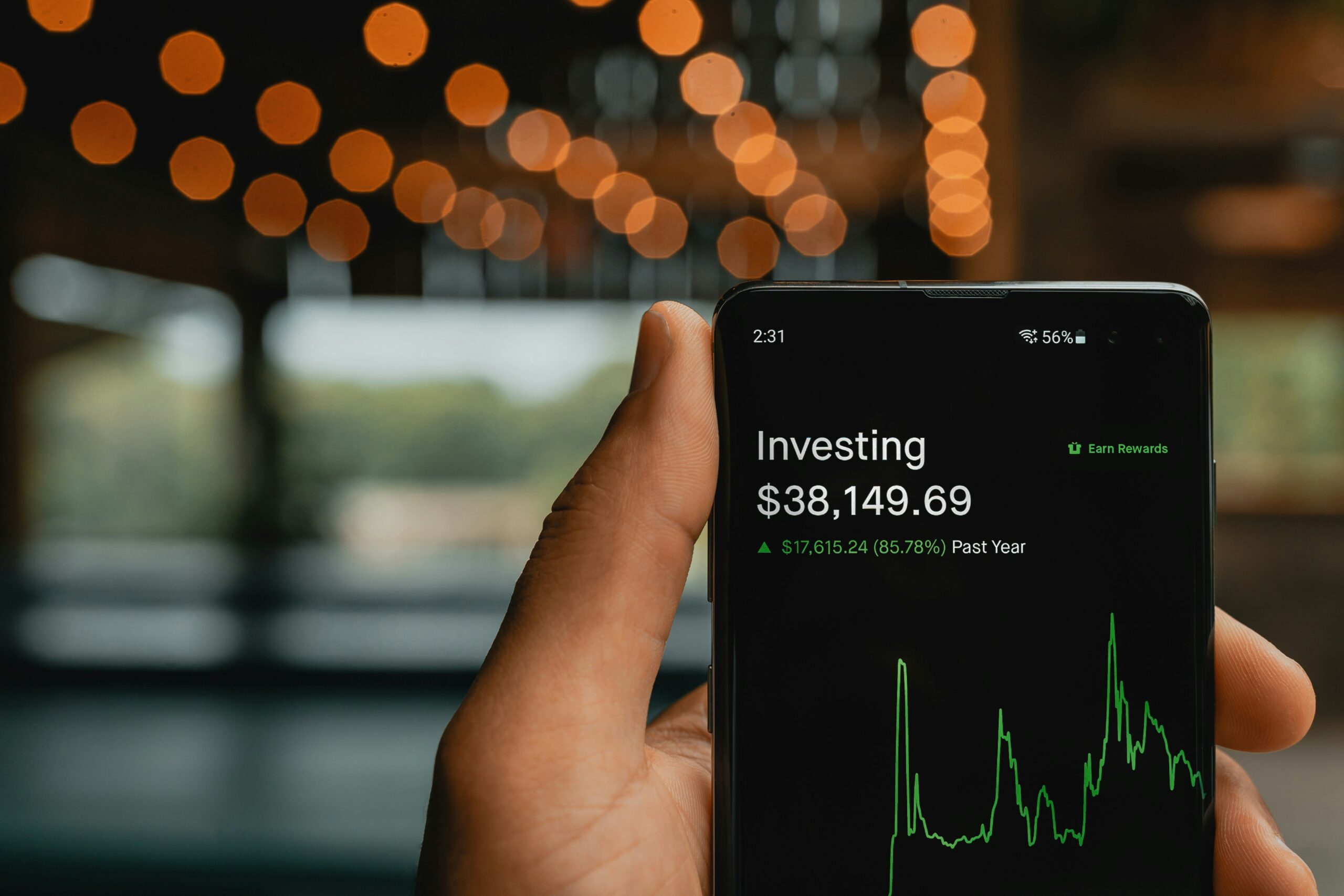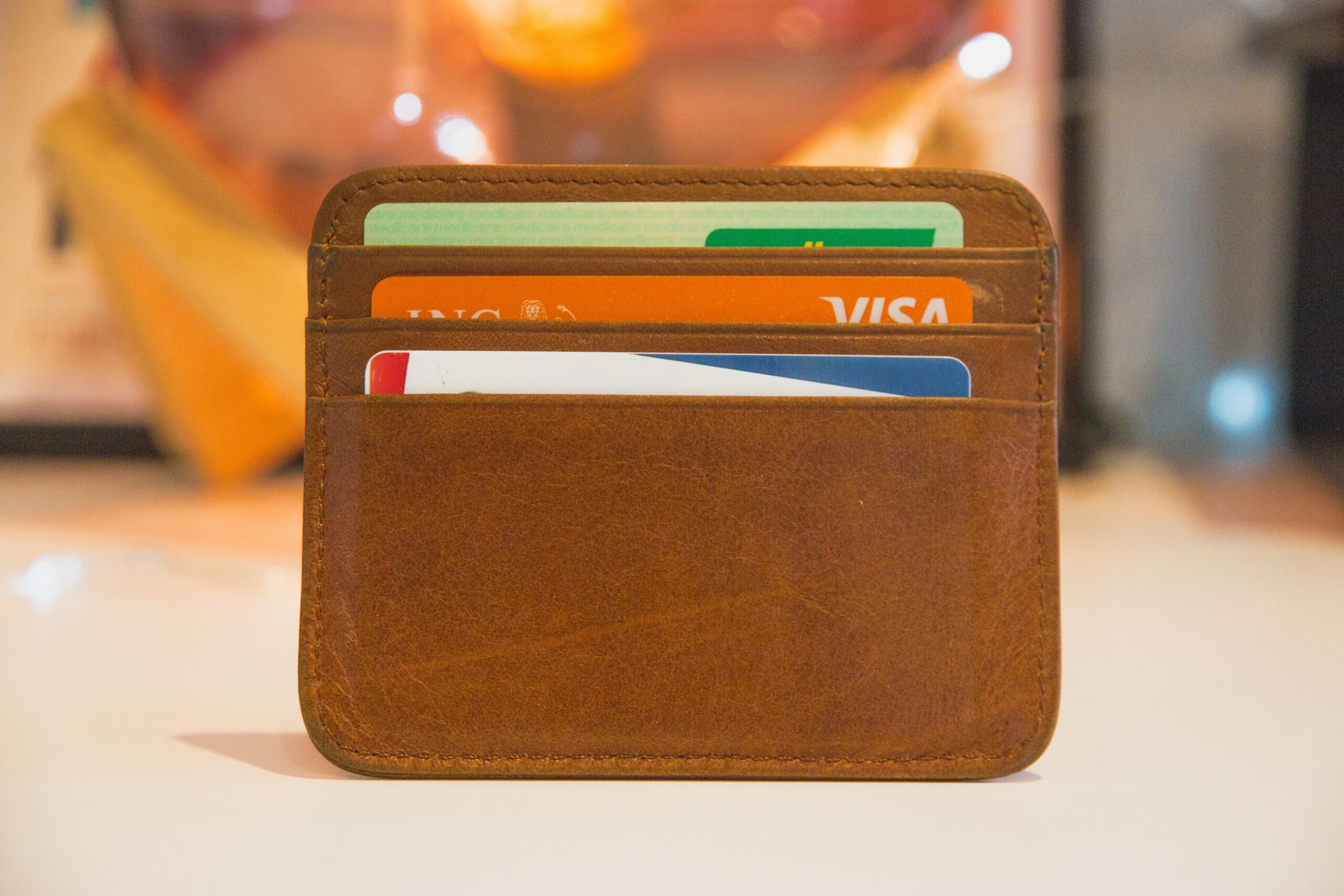Managing your finances has never been easier thanks to technology. From tracking expenses to building savings, today’s personal finance apps help people take control of their money right from their smartphones. But with hundreds of options available, which apps truly deliver results—especially for beginners?
In this guide, we’ll explore the top 5 personal finance apps that make budgeting, saving, and managing money simple, effective, and stress-free.
Why Use a Finance App?
Before diving into the list, let’s cover the benefits of using a finance app:
- Real-time expense tracking
- Automatic categorization of spending
- Goal-setting and savings automation
- Alerts for bills or overspending
- Easy visual summaries of your financial health
Whether you’re just getting started or want to take your money management to the next level, there’s an app that fits your style and needs.
1. Mint – Best for Beginners
Platform: iOS, Android, Web
Cost: Free (with ads)
Mint is one of the most popular budgeting apps, and for good reason—it’s user-friendly, comprehensive, and totally free. It links to your bank accounts, credit cards, loans, and investments to give you a complete financial picture.
Key Features:
- Automatically tracks and categorizes transactions
- Sets budget limits by category
- Sends alerts for due bills and overspending
- Free credit score access
Pros:
- Easy to set up
- Excellent visual dashboards
- Works across all major financial institutions
Cons:
- Ads can be annoying
- Limited customization for budget categories
Best for: People who want a clear snapshot of their finances with minimal setup.
2. YNAB (You Need A Budget) – Best for Detailed Budgeting
Platform: iOS, Android, Web
Cost: $14.99/month or $99/year (free trial available)
YNAB is a powerful app based on a zero-based budgeting system, where every dollar is assigned a job. It helps you plan your spending in advance and align it with your goals.
Key Features:
- Assigns every dollar to a specific purpose
- Encourages goal setting and saving
- Helps break the paycheck-to-paycheck cycle
Pros:
- Incredible budgeting detail
- Focuses on long-term money habits
- Supportive educational resources and community
Cons:
- Not free
- Learning curve for new users
Best for: People who are serious about transforming their money habits and want full control over every dollar.
Read more: 10 Common Money Mistakes and How to Avoid Them
3. PocketGuard – Best for Avoiding Overspending
Platform: iOS, Android
Cost: Free basic plan; $7.99/month for Plus version
If you constantly wonder how much you can safely spend, PocketGuard has your back. It calculates your “safe-to-spend” amount after subtracting bills, savings goals, and necessities.
Key Features:
- “In My Pocket” feature shows your spendable cash
- Links to bank and credit accounts
- Bill and subscription tracking
- Spending insights
Pros:
- Great for people trying to curb impulse spending
- Simple and clean interface
Cons:
- Limited features in free version
- Some banks may not sync perfectly
Best for: People who need help sticking to spending limits.
4. Goodbudget – Best for Envelope Budgeting
Platform: iOS, Android, Web
Cost: Free (basic); $8/month for Plus
Goodbudget uses the classic envelope budgeting method, where money is divided into categories before it’s spent. Unlike other apps, it doesn’t link to your bank—you manually enter transactions, which increases awareness and control.
Key Features:
- Virtual “envelopes” for each category
- Shared budgets with family or partners
- Debt tracking and goal setting
Pros:
- Encourages mindful spending
- Great for couples or shared budgets
Cons:
- Manual entry required
- Basic reporting tools
Best for: People who prefer a hands-on approach to budgeting.
5. Empower (formerly Personal Capital) – Best for Tracking Net Worth
Platform: iOS, Android, Web
Cost: Free (investment advisory service available)
Empower goes beyond budgeting and focuses on your full financial picture—including investments, retirement planning, and net worth tracking.
Key Features:
- Tracks spending, savings, and investments
- Offers retirement calculators and projections
- Monitors net worth in real time
Pros:
- Comprehensive money dashboard
- Great for growing wealth and planning long-term
Cons:
- Not ideal for zero-based budgeting
- Focused more on investing than day-to-day budgeting
Best for: People looking to track net worth and long-term financial goals
Final Thoughts: Choose the App That Fits You
No single finance app is perfect for everyone. Some people prefer automation, while others thrive with manual entry. The key is to choose a tool that matches your habits and goals, then commit to using it regularly.
Financial freedom starts with awareness—and the right app can help you get there faster.











